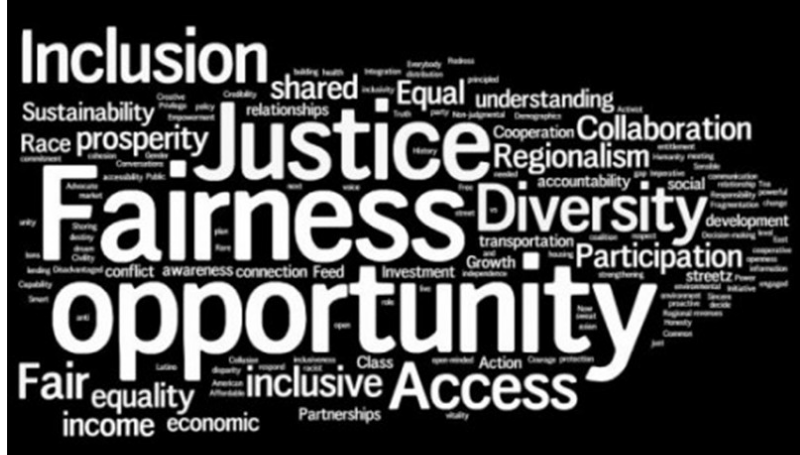Christina Buttons
Quillette, May 17, 2022
“The narrative we sold to the masses in late 2020 was that “white supremacy” was the greatest threat that America was facing, and that Republicans were the “party of white supremacy.” At the time, I believed this wholeheartedly. When a beloved cousin died from COVID, I became even more strident, making Trump a scapegoat for my anguish. And there I was, at the controls of an Instagram propaganda machine that reached hundreds of thousands of similarly pissed off people.”
When the pandemic struck in March 2020, I was working out of a Los Angeles apartment alongside my two cats, illustrating children’s books for a living. Much of my life played out online, where I carefully counted the number of “likes” my social-media posts would get, imagining this to be a reliable indicator of my ideas’ worth. As an artist, a growing social-media following also helped me find new professional opportunities, as well as customers for products I sold on Etsy.
During lockdowns, my reliance on social media became more pronounced, with Instagram as my platform of choice. I began to think of myself as an “influencer.” That word now has negative (or at least mixed) connotations. But for those who are introverted or neurodivergent, and who have difficulty navigating real-life social settings, the prospect of making an impact through arms-length electronic methods held considerable appeal. (I have Asperger’s syndrome, a subject I have written about publicly in the past.)
Eventually, I gravitated toward the social-justice art community. At a time when the world was experiencing a sense of collective fear over COVID-19, it was nice to imagine that my art was giving people joy and comfort. And of course, when these people were moved to share my art with others, well, that aligned nicely with my goal of attracting new followers. But I assured myself this was not the main purpose.
Christina Buttons is a Nashville-based artist.
To view original article, click here


